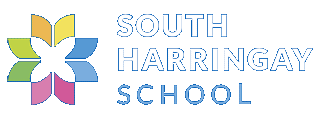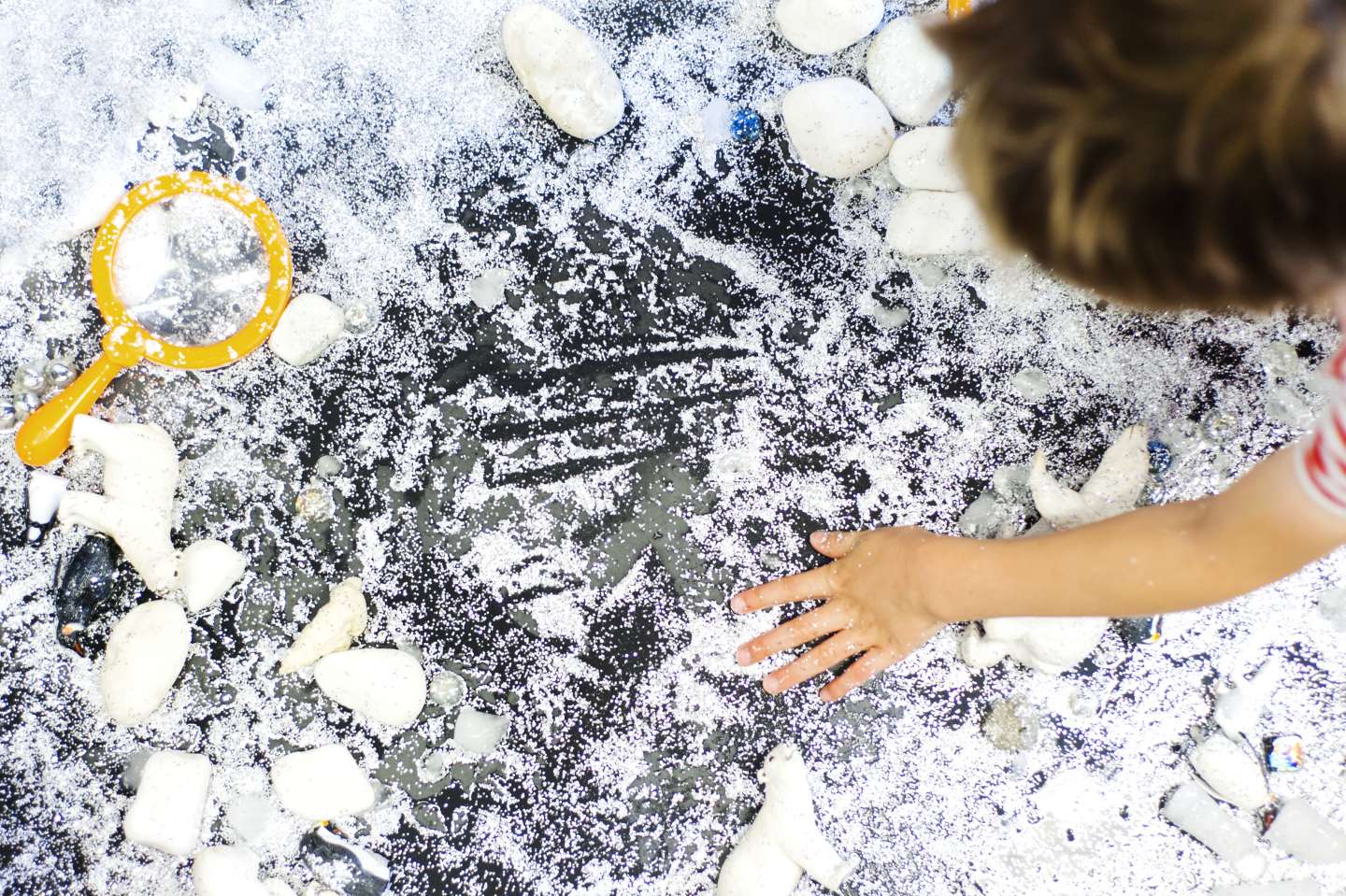At South Harringay School we believe science encompasses the acquisition of knowledge, concepts, skills and positive attitudes. Alongside scientific knowledge and the understanding of concepts, we hope that our children will develop curiosity and excitement about the natural world as well as use their skills to understand how science can be used today and in the future.
Our school endeavours to ensure that every child is given the opportunity to enjoy and make progress in science. We intend to provide all children regardless of ethnic origin, gender, class, aptitude or disability, with a broad and balanced science curriculum.
Ultimately our aim at South Harringay School is to ensure that all children are provided with rich learning experiences that aim to:
- Prepare our children for life in an increasingly scientific and technological world today and in the future.
- Help our children acquire a growing understanding of the nature, processes and methods of scientific ideas.
- Help develop and extend our children’s scientific concept of their world.
- Build on our children’s natural curiosity and developing a scientific approach to problems.
- Encouraging open-mindedness, self-assessment, perseverance and developing the skills of investigation – including: observing, measuring, predicting, hypothesising, experimenting, communicating, interpreting, explaining and evaluating.
- Develop the use of scientific language, recording and techniques.
- Develop the use of computing in investigating and recording.
- Make links between science and other subjects.
Science at South Harringay aims to develop a fun, practical and engaging high-quality curriculum that inspires the next generation to succeed and excel in science. We do this through fully adhering to the aims of the National Curriculum and fostering a healthy curiosity and interest in the sciences.
The acquisition of key scientific knowledge is an integral part of our science lessons and the content of science lessons is planned to build on children’s previous knowledge as well as introduce new ideas and concepts.
At South Harringay, planning for science is enhanced by the use of a whole-school progression map, so teachers are aware of the prior knowledge of year groups before planning units and individual lessons. This map also includes the key scientific vocabulary that children need to know and understand in order to be successful in science. This vocabulary is displayed in classrooms as part of a working wall, which children are encouraged to use and interact with.
At South Harringay, planning involves teachers creating practical, engaging lessons with opportunities for precise questioning in class to test conceptual knowledge and skills, and assess children regularly to identify those children with gaps in learning. We plan for problem solving and real life opportunities that enable children to find out for themselves.
We ensure that the Working Scientifically skills are built-on and developed throughout children’s time at the school. We aim to provide children with opportunities to ask questions, make observations, investigate their ideas and ultimately improve their understanding. By providing a range of practical experiences, we develop pupils’ investigative skills and allow children to take risks and learn from their mistakes; enabling them to become more confident, independent learners.
In Key Stage 1 and Key Stage 2 science is taught as a discrete subject once a week for up to two hours. The work covered in Key Stage 1 builds on the Statutory framework for the early years foundation stage (EYFS) for pupils under five where science topics are part of the Understanding the World area of the EYFS statutory framework.
In Reception, pupils develop their knowledge, understanding and skills through play activities and direct teaching . They get to understand the world around them and start learning ideas they will build on throughout their time at school.
At Key Stage 1 pupils observe, explore and ask questions about living things, materials and physical phenomena. They begin to work together to collect evidence to help them answer questions and to link this to simple scientific ideas. They begin to evaluate evidence and consider whether tests or comparisons are fair. They use reference materials to find out more about scientific ideas.
Key Stage 2 pupils learn about a wider range of living things, materials and physical phenomena. They make links between ideas and explain things using simple models and theories. They apply their knowledge and understanding of scientific ideas to familiar phenomena, everyday things and their personal health. They carry out more systematic investigations, working on their own and with others. They talk about their work and its significance and aim to use a wide range of scientific language.
In all phases the school’s approach to science takes account of the school’s own context, ensuring access to people with specialist expertise and places of scientific interest as part of the school’s commitment to learning outside the classroom. Cross curricular opportunities are also identified, mapped and planned to ensure contextual relevance.
From conducting pupil interviews, it is evident that the children at South Harringay are passionate about science and enjoy talking about what they have learnt and how they achieved this learning. They are able to use a range of appropriate scientific vocabulary when talking about their learning. By designing a progressive curriculum relevant to the children at South Harringay School, we have ensured that children become confident in their own scientific ability and so are able to make links within what they have learnt. Children at South Harringay enjoy science and this results in motivated learners with sound scientific understanding.



